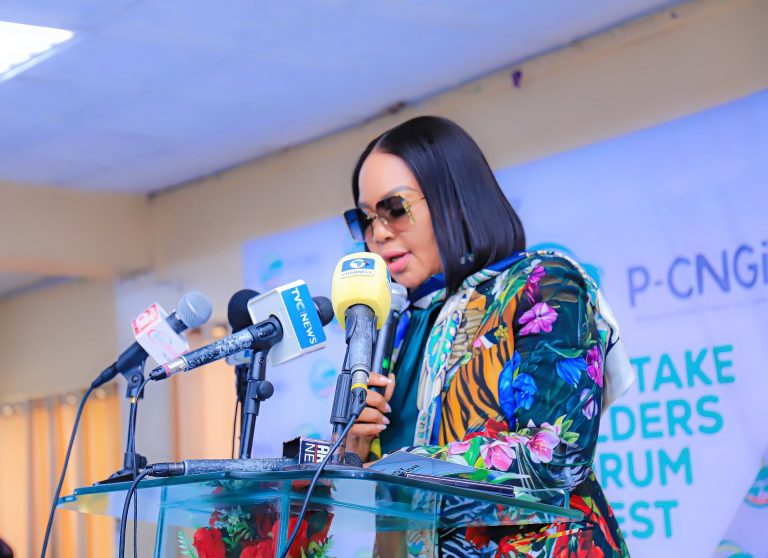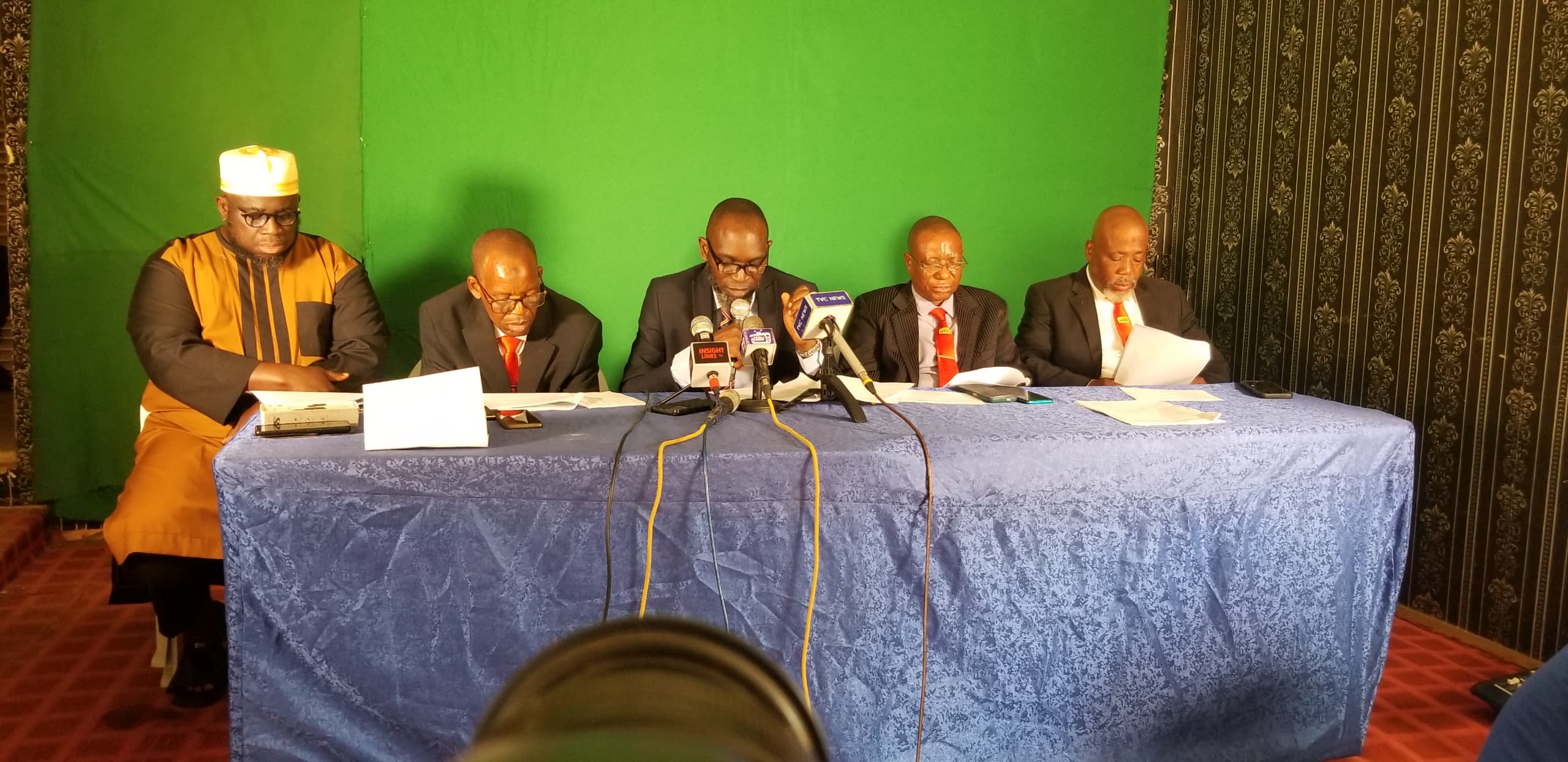Presidential transition periods are times of excitement, hope, apprehension, speculation, and drama. It is associated with chaos, complexity, and coordination challenges. The incumbent president is not only saddled with the task of leading the country but also must start winding down its activities and prepare to hand over the presidency to the new president and his team. The incumbent almost becomes a lame duck as all the political activities shift to the president-elect.
The president and his team start to feel the fleeting nature of power and quickly start losing the friends of the president’s seat to the new man and his people in the block. The pilgrimage to the incumbent president gradually winds down, and the expedition to the president-elect goes into the ascendency. These political intrigues and melodramas culminate in the final ritual of power handover – the presidential inauguration ceremony on the 29th of May of the year of the transition of power. In Nigeria, from 1999 till date, we have had six such presidential transition ceremonies but three transitions from one president to another – Obasanjo to Yar’Adua/ Jonathan, Jonathan to Buhari and now Buhari to Tinubu.
There are predominantly two shades of presidential transition: one is a transition from a president from one party to a president under another party; the other is the transition from a president to another under the same party. We have experienced both in our nascent democracy, which can be taken as an indicator of growth and the deepening of our democracy. Each transition poses challenges and brings about different apprehensions, claims and counterclaims. However, the current presidential transition is of the former shade and, therefore, must be assumed to be more accessible – President Buhari of the APC will hand over to President-elect Asiwaju Bola Ahmed Tinubu of the APC.
This is the easiest part of this presidential transition steep in controversy and has split public opinion into multiple dichotomies. The dominant categorisations of these dichotomous strands are binary – some calling for the presidential transition to be postponed for different conjectural reasons , and others insisting it must hold, based on orthodoxy and the provisions of our constitution. They are all entitled to their opinion but the law of the land must prevail.
Beyond these apparent differences, most Nigerians are interested in this presidential transition. Some Nigerians see this transition as a symbol of hope for a better future – an audacious hope in the Tinubu team to solve most of Nigeria’s problems and put the country in the direction of growth and prosperity. Others, although cautious , want to see a new government with a change of direction. Still, others are merely pessimistic and predict doom and gloom for the country. The reality is that only the future will tell what the Tinubu/Shettima presidency will mean for Nigeria, and no level of optimism or pessimism will change that. The beauty of democracy is that these differences in opinion and expectations are allowed and even encouraged. Democracy is at its best when and where there are conflicting and opposing ideas and interests in the open market of ideas.
I must admit that the actual presidential inauguration ceremony is just symbolic. The elections confer power, and the swearing in and handing over are mere rituals steeped in symbolism that entrenches our collective psyche that power has changed hands and new kids are in the block. It is only human and traditional that we have transition ceremonies, and that’s the way we make sense of the civil handover of power in a democracy. To illustrate the power associated with this symbolism, in 2009 ,President Barrack Obama retook his oath of office a day after his swearing-in because he missed one word during the swearing-in ceremony. On the 29th of May 2023, Nigerians will witness the swearing-in of a new president and commander-in-chief of the armed forces to the delight of most Nigerians amidst fanfare and jubilations.
However, most Nigerians will be enthralled less by the rituals and ceremonies and would rather focus more on the overarching challenges Nigeria is facing at the fore of their minds and wonder how the new administration will be deliberate and intentional in tackling these problems. Our nation has a humongous debt crisis, rapacious poverty, omnipresent insecurity, deepening divisiveness, nauseating nepotism, ballooning inflation, and unsettling unemployment, amongst other not-too-good indicators of falling standard of living.
Beyond the symbolisms and rituals, this transition offers renewed hope, new opportunities and a new sense of optimism, no matter your political view or leaning. It is another fresh start to redefining our problems and developing bespoke solutions. There are five significant ways this transition matters to Nigerians.
First, it is natural to expect a new lease of life with a new administration. Nigerians expect the new administration to hit the ground running from day one and issue policy directives that will give renewed hope to people overwhelmed by suffering. Humans, by nature, desire change, especially in a democracy. The need for change for the better has become existential for most people. If Nigeria continues in its current stunted growth trajectory, the outcome will be unimaginable. Admitted in the past eight years ,we made some progress in infrastructure and a few other areas. Overall, in a democracy , leaders are merchants of hope. But hope not backed by positive actions is merely wishful thinking. Our problems are numerous; the new administration needs the “magic wand” to wave and make them all go away. However, we only hope that this administration will lay the foundation for a better future – a future where slowly but surely, we as a people have developed the capacity and resources to improve our lives and live up to the true meaning of our creed “unity, peace and progress”.
Second, Nigerians want to hear and see what the new administration will do with fuel subsidy, taxation , our debt profile, electricity tariff, foreign exchange regime, national census, and youth unemployment. The outgoing administration has shied away from dealing with these sensitive issues in a timely and responsive manner , but the people expect this administration to deal with these issues head-on. One might argue that these are elite concerns but whatever option the new administration chooses has domestic social, economic, and political implications. This is even more crucial because we fought the last presidential election on these issues. The Nigerian electorate is savvy and much more enlightened than in the past. They demand answers and solutions. The young people are getting more politically active – some even militant about it – and are demanding change for their future. These facts are on the front burner of this administration’s agenda.
Third, Nigerians desire to see how the administration will tackle insecurity from day one. The people expect the new administration to show dexterity and innovativeness in managing insecurity, which has become our albatross. Insecurity is destroying our society, and we will not achieve meaningful progress in the face of insecurity. It is crippling and forcing us to change our way of life. The worst problem with insecurity is psychological. There is a pervading, insidious and heightened emotional sensitivity that insecurity has put in Nigerians that influences all our decisions – from the minute to the major. There is a lingering fear among Nigerians living in Nigeria that evaporates when you step out of our shores. This sensitivity is made worse by the ever presence of paraphernalia of insecurity – police, private security, paramilitary and military presences everywhere, convoys of cars blowing sirens with heavily armed men protecting our elites, stories of kidnappings, killings, and robberies everywhere, and ever-present rumours and memes about insecurity. As the new government works to tackle the real insecurity issues, it must work to tackle the psychology of insecurity that has shaped our collective consciousness.
Fourth, Nigerians want to see specific steps the new administration will take to unite the country, acknowledging that the administration is coming to power not with an overwhelming national mandate (36% of voters and not 51%). Nigeria has never been this divided and factionalised along different lines. There is no denying that the last presidential elections were fought on ethnoreligious lines, and they touched on our highly contentious ethnic and religious fault lines. This new administration must take steps to heal the country and intentionally solidify our unity and diversity. Even in dealing with the contentious issue of the challenge of its legitimacy in court by opposition parties, the new government must put the nation first and above other political considerations , no matter the supposed temporary advantage that it may bring.
Fifth, simply put, is the issue of bread and butter. There is hunger and poverty in the land. The elite who will make up the core of government must remember that. They must feel the pulse of the nation. People are suffering, and many are desperate. Nigerians have never seen this level of hunger and poverty before. We must do something about this and very quickly!
There is no gainsaying the complexities and complicated options before this new administration. The problems are numerous, the people are pessimistic or mostly ambivalent, and the resources are scarce. Given our economic circumstances, solutions to many issues take time to fathom. Some pundits predict that the new administration may not be radically different from the old one, given that they are from the same party and share a similar ideology. The presidential election court cases are ongoing, and some Nigerians are expecting miracles – and you do not blame them. It is in this milieu that the presidential transition is happening. This is one transition happening in a most challenging period in the life of Nigeria.







